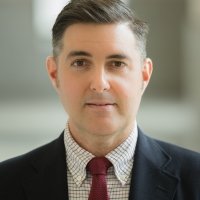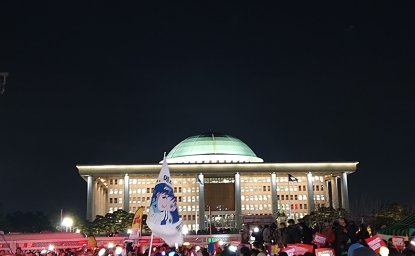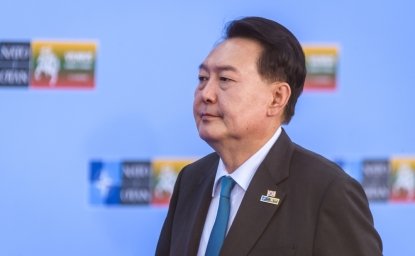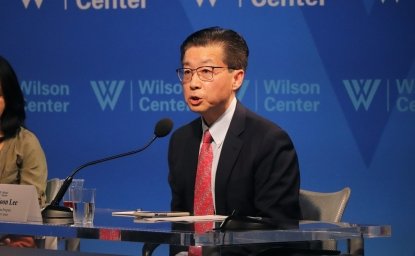Deputy Director for the History and Public Policy Program and coordinator of the Hyundai Motor-Korea Foundation Center for Korean History and Public Policy James Person was interviewed by Yonhap News after a recent North Korean nuclear test. The original article can be viewed on Yonhap's website.
SEOUL, Sept. 12 (Yonhap) -- Repeated sanctions against North Korea following its defiant nuclear and missile provocations will "lead nowhere" in making Pyongyang give up its pursuit of weapons of mass destruction, a U.S. expert said Monday, calling for more "diplomatic efforts" and "engagement" to break the current vicious cycle.
In an op-ed piece for Yonhap News Agency, James Person, the coordinator of the Hyundai Motor-Korea Foundation Center for Korean History and Public Policy at the Woodrow Wilson International Center for Scholars in Washington, said that it is the time to re-assess the global efforts to eliminate the threat from the North.
"With each nuclear and ballistic missile test North Korea advances its threat capabilities. It is time for an immediate re-assessment of ongoing efforts to eliminate the threat North Korea's weapons programs pose to the region," he said.
"The sadly predictable response from the international community will be to issue harsh statements condemning the test, impose a fresh new round of sanctions... and call for China to do more to tame its unruly ally. These actions will lead nowhere and North Korea will continue to flagrantly disregard the international community's calls to abandon its weapons programs," he added.
On Friday, the North conducted its fifth nuclear warhead denotation test in defiance of a series of punitive sanctions including the Resolution 2270 adopted by the United Nations Security Council in March following its fourth test in January. The latest blast is regarded as its most powerful yet.
The UNSC immediately adopted a press statement strongly condemning the North and pledging to begin work to put together a new resolution of sanctions aimed at punishing the communist country for its nuclear provocation.
Person said those sanctions aimed at isolating the North from the global economy and cutting off money flows into its nuclear weapons program have been "ineffective," citing many unique situations including the fact that Pyongyang has lived through such harsh living conditions for many decades and that it is not integrated into the outside market in the first place.
"These factors combined make sanctions less effective when dealing with North Korea," he said.
The expert admitted that China has great leverage over North Korea but noted that the influence mostly based on their economic ties can be a "double-edged sword if used over a prolonged period of time.
He argued that it could result in a regime collapse in the North and precipitate a flood of refugees into China, a scenario that Beijing does not see as benefiting its interest.
He called for more diplomatic efforts to be made, suggesting that a lesson can be learned from the Iran nuclear agreement.
"Recognizing the limits of international sanctions and of China's ability to control North Korea, U.S. officials must commit to more creative diplomatic solutions," he said. "Waiting until North Korea agrees to denuclearization before talks is only allowing the threat to grow."
"Washington should be willing to negotiate with Pyongyang if talks offer a serious prospect for achieving a freeze. The U.S. can sit down with foes and hammer out a deal, as is demonstrated by the Iran nuclear agreement, however imperfect. Similar robust engagement with North Korea is needed to break this vicious and accelerating cycle," he added.





